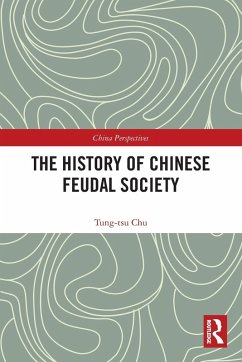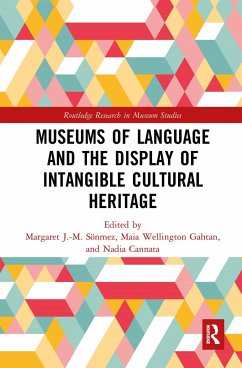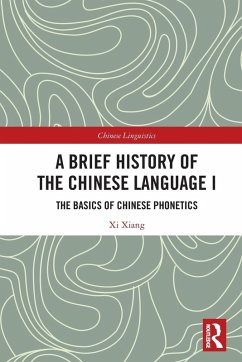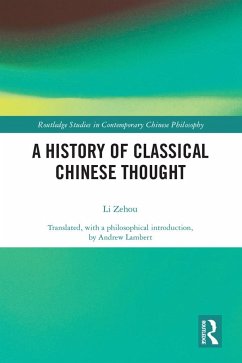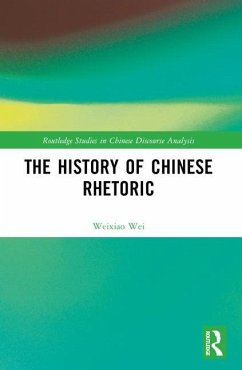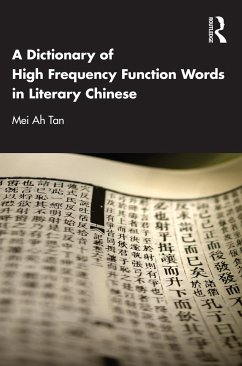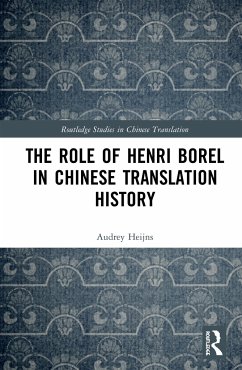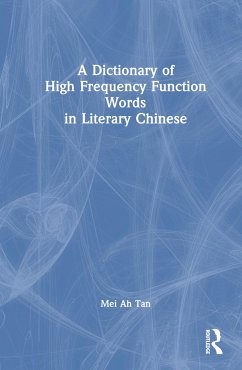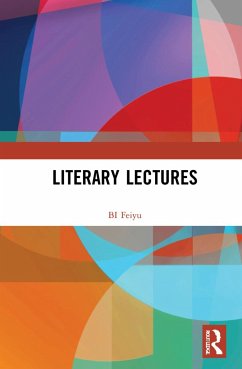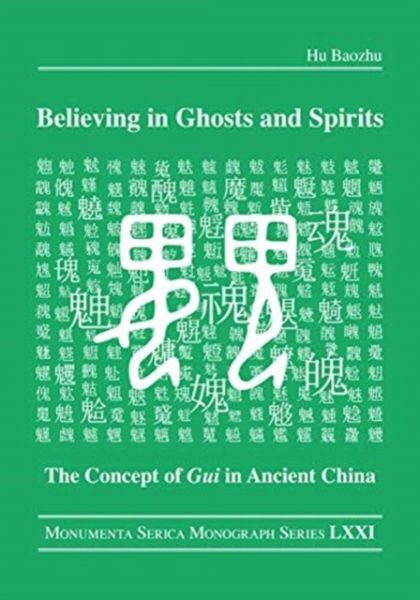
Believing in Ghosts and Spirits
The Concept of Gui in Ancient China
Versandkostenfrei!
Versandfertig in 6-10 Tagen
128,99 €
inkl. MwSt.
Weitere Ausgaben:

PAYBACK Punkte
64 °P sammeln!
The present book by Hu Baozhu explores the subject of ghosts and spirits and attempts to map the religious landscape of ancient China. The main focus of attention is the character gui , an essential key to the understanding of spiritual beings. The author analyses the character gui in various materials - lexicons and dictionaries, excavated manuscripts and inscriptions, and received classical texts. Gui is examined from the perspective of its linguistic root, literary interpretation, ritual practices, sociopolitical implication, and cosmological thinking. In the gradual process of coming to kn...
The present book by Hu Baozhu explores the subject of ghosts and spirits and attempts to map the religious landscape of ancient China. The main focus of attention is the character gui , an essential key to the understanding of spiritual beings. The author analyses the character gui in various materials - lexicons and dictionaries, excavated manuscripts and inscriptions, and received classical texts. Gui is examined from the perspective of its linguistic root, literary interpretation, ritual practices, sociopolitical implication, and cosmological thinking. In the gradual process of coming to know the otherworld in terms of ghosts and spirits, Chinese people in ancient times attempted to identify and classify these spiritual entities. In their philosophical thinking, they connected the subject of gui with the movement of the universe. Thus the belief in ghosts and spirits in ancient China appeared to be a moral standard for all, not only providing a room for individual religiosity but also implementing the purpose of family-oriented social order, the legitimization of political operations, and the understanding of the way of Heaven and Earth.





